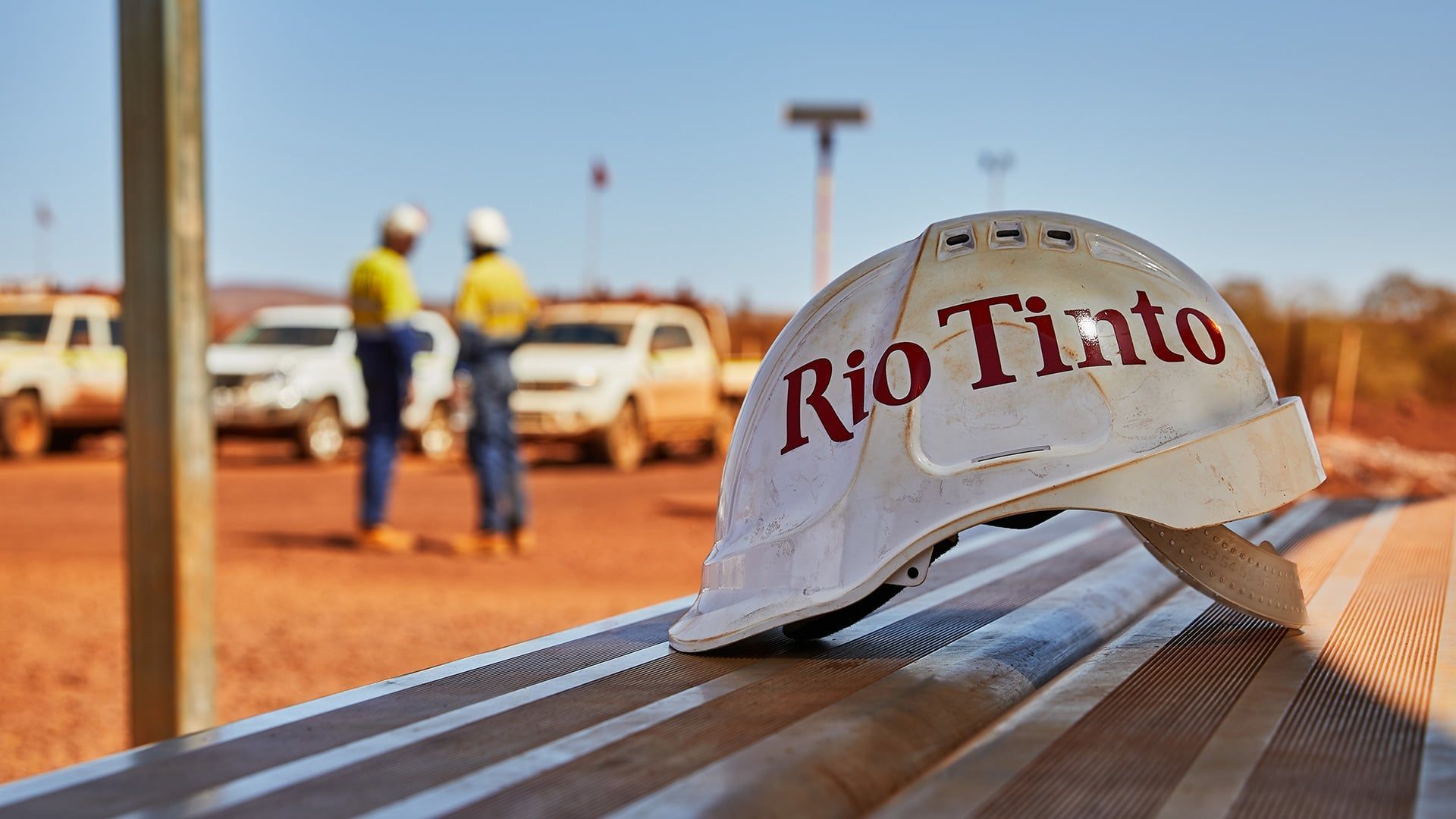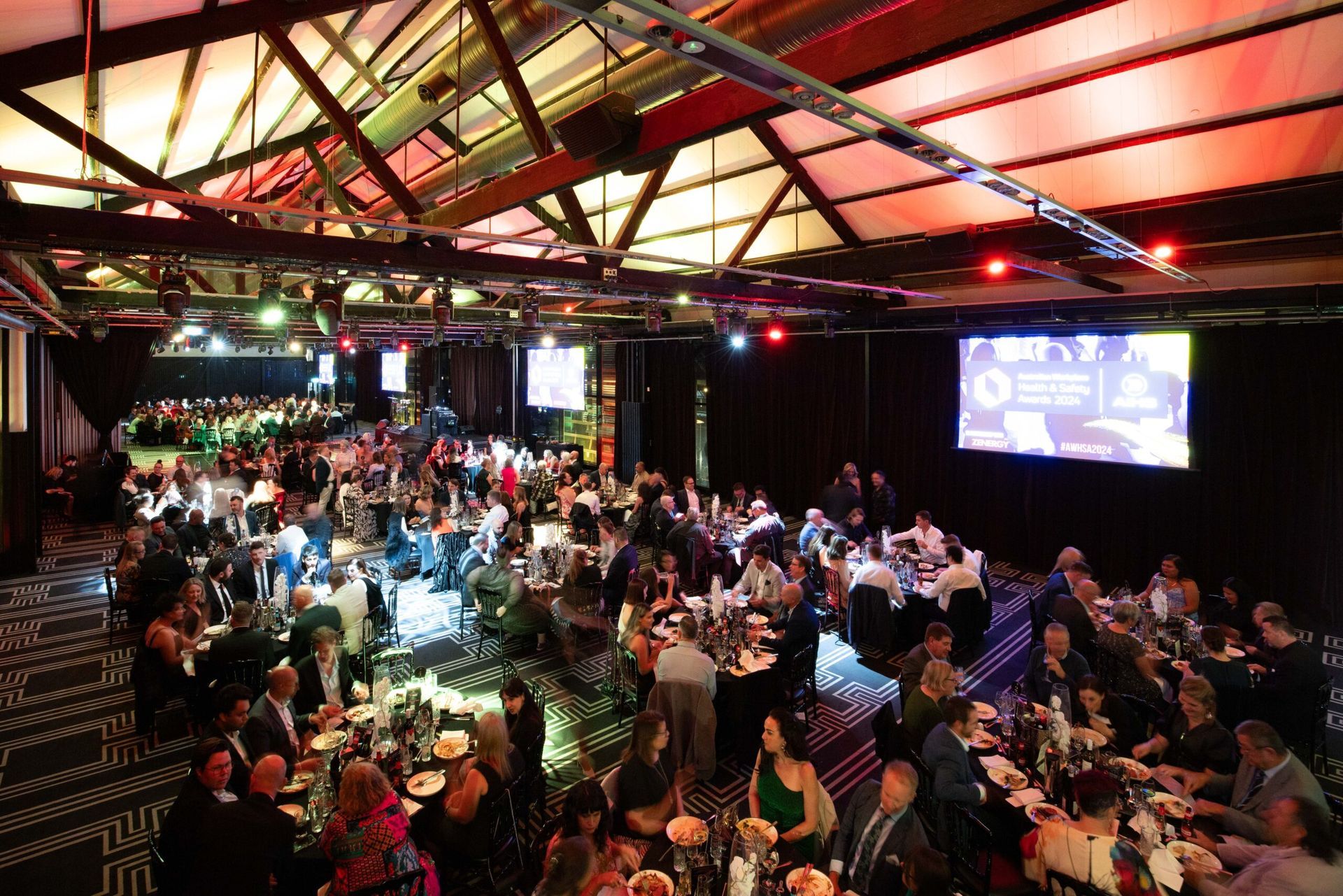Do you understand Australia’s chain of responsibility laws? A Zenergy event
At Zenergy, we are passionate about providing a great recruitment experience, but also building a broader understanding of Australia’s WHS system among professionals and businesses. This commitment underpins both our approach to recruitment and the many industry events we organise to support the sector.
Just one example of this is our upcoming event on the country’s chain of responsibility (CoR) laws, which represent a challenge for those working in the transport, mining, construction and manufacturing sectors to meet head-on.
Zenergy’s upcoming CoR event
Our next industry event, scheduled for March 17th, is designed to provide those in the transportation industry with a detailed discussion of the many facets of Australia’s chain of responsibility laws.
We have been overwhelmed with the response to the event so far, which has far exceeded our expectations. Now, we are looking forward to an event that promises to bring together a range of industry experts and WHS practitioners, to better understand this important aspect of Australian law. With a large portion of the day taking part in a Q&A format, the event is a chance to address those serious issues that attendees are encountering.
The initiative is a natural progression from our broader goal of supporting the WHS industry as it adapts to new legislation. Our determination to build this knowledge within the industry is what drives us to invest heavily in initiatives like this one.
What are Australia’s chain of responsibility laws?
The Heavy Vehicle National Law came into effect in February 2014, introducing the Chain of Responsibility regulations and bringing with it significant changes to the way liability for an accident is apportioned within the supply chain.
These rules apply to every jurisdiction in the country, with the exception of Western Australia and the Northern Territory. Western Australia has introduced its own CoR legislation, which entered into force in April 2015.
Under the national rules, firms that are involved in consigning, packing, loading or receiving goods on vehicles that weigh more than 4.5 tonnes can be liable for any accident that occurs on the road. This will apply even if the company wasn’t directly managing the person driving the vehicle.
The legislation does not change the existing liabilities that drivers face if they are responsible for a crash. These changes only apply to those who are up and down the supply chain and who bear some of the responsibility for keeping the transport sector safe.
What will be covered on the day?
As with all the events we organise at Zenergy, we have gathered together a range of different perspectives from industry experts.
Our first speaker Paul Endycott, for example, will be looking at this issue from the regulator’s perspective. For operators, this insight can let them see how inspectors will be approaching site visits, giving them an inside perspective on how they will evaluate site risks.
The second speaker, Sean Minto, will be taking quite a different approach, with the focus squarely on operators and clients. The purpose of Sean’s portion of the day will be to provide a practical introduction to the CoR laws and the steps operators can take to stay compliant.
Finally, John Makris will be looking at the legal issues that have already arisen around these CoR laws, looking at the case law surrounding the Chain of Responsibility as it stands in Australia and how this can be used to meet a company’s compliance needs. This approach, grounded in early cases that have tested these laws, will certainly be valuable for attendees to learn from.
The event promises to offer a range of perspectives on the issues that arise with Australia’s new CoR rules. To find out more about the day, contact our team at Zenergy today.
Contact Us
We will get back to you as soon as possible.
Please try again later.
Zenergy News

Contact Us
For more information on our services feel free to email us on -
info@zenergygroup.com.au or call 1300 333 400
Sydney
25 Brisbane Street
Surry Hills
Sydney NSW 2010
Melbourne
Level 23, Tower 5, Collins Square
727 Collins Street
Melbourne VIC 3008
Brisbane
Level 54, 111 Eagle Street
Brisbane QLD 4000
Perth
108 St Georges Terrace
Perth WA 6000
Recent News
© ZENERGY 2022 | Privacy Policy |







